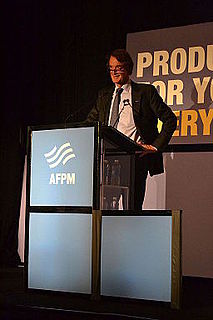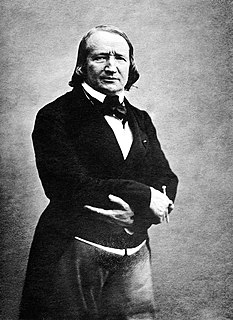A Quote by Booker T. Washington
Many strikes and similar disturbances might be avoided if the employers would cultivate the habit of getting nearer to their employees, of consulting and advising with them, and letting them feel that the interests of the two are the same.
Related Quotes
Modern Australian trade unionism and the unionist that I am doesn't rely on a class war view that somehow that the interests of employees and managers are in two separate spheres and they're irreconcilable. I believe that when people can go to work and be happy, satisfied, engaged, where the employer is getting employees who feel their interests are aligned with the employer, you get productivity. This is the future of Australian workplaces.
Why should the railroad employees be parceled out among a score of different organizations? They are all employed in the same service. Their interests are mutual. They ought to be able to act together as one. But they divide according to craft and calling, and if you were to propose today to unite them that they might actually do something to advance their collective and individual interests as workers, you would be opposed by every grand officer of these organizations.
Some good employers provide people benefits. Many do not. The ones that do not tend to be the low end of the pay scale. This program will give those employers a way to support their employees. The employees will get this benefit, making it more likely that their employee will come back to them - that's a benefit for the employer over the long term and a benefit for the employee and all the while supporting families in their time of need.
Sure, some employers are are afraid of letting older workers go because they think they're going to get sued. And they probably will get sued. But the reality is, you could get sued at any time by any kind of worker. I think its incumbent on an employer, if they want to be smart, to figure out what is the benefit of keeping this employee or letting them go. Do the calculation and just go ahead and either keep them or let them go based on what's good for the business.




































